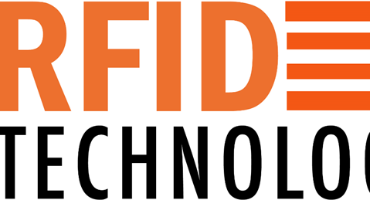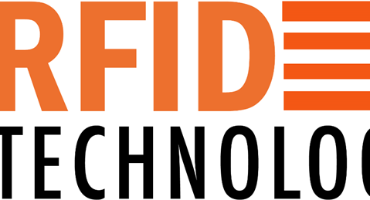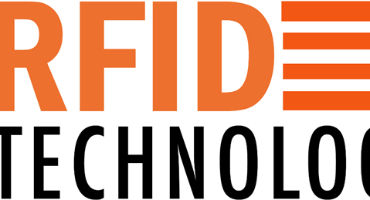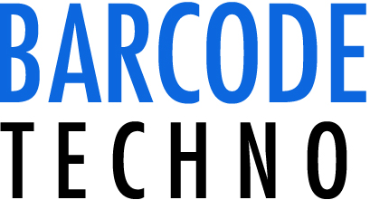Knowledge of RAIN UHF RFID technology: You should have a good understanding of the principles of RAIN UHF RFID technology, including how RFID tags, readers, antennas, and software work together to create an asset tracking system.
Familiarity with RTI asset tracking: You should have knowledge of the types of RTI assets used in the logistics industry and the challenges associated with tracking them. This includes understanding the different types of assets, their characteristics, and their lifecycle.
Expertise in designing RFID solutions: You should have experience in designing and deploying RFID solutions for asset tracking in various industries. This includes designing hardware and software components, testing and validating the solution, and integrating it into existing systems.
Understanding of data management and analysis: You should be familiar with database management systems and have experience in collecting, analyzing, and presenting data generated by the RFID system. This includes data processing, data mining, and data visualization.
Knowledge of logistics and supply chain management: You should have a good understanding of the logistics and supply chain management processes, including inventory management, shipment tracking, and warehouse management.
Communication and project management skills: You should have strong communication and project management skills to work effectively with stakeholders, manage timelines and budgets, and coordinate with cross-functional teams.
To qualify, design, and deploy a RAIN UHF RFID solution for RTI asset tracking in the logistics industry, you need a combination of technical, industry-specific, and soft skills. It requires a deep understanding of RFID technology, RTI asset tracking, data management and analysis, and logistics and supply chain management. Additionally, strong communication and project management skills are crucial for successful implementation.





